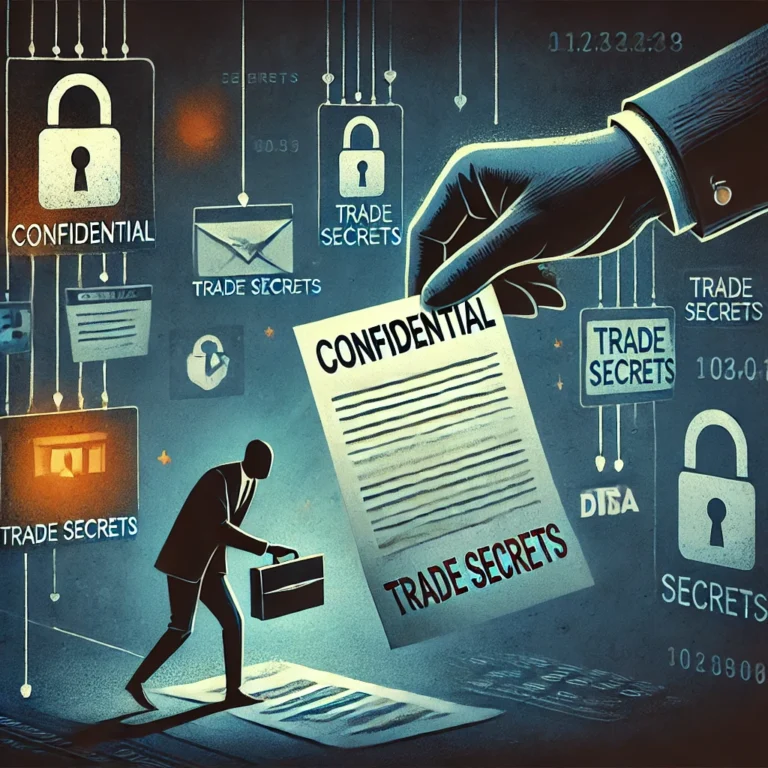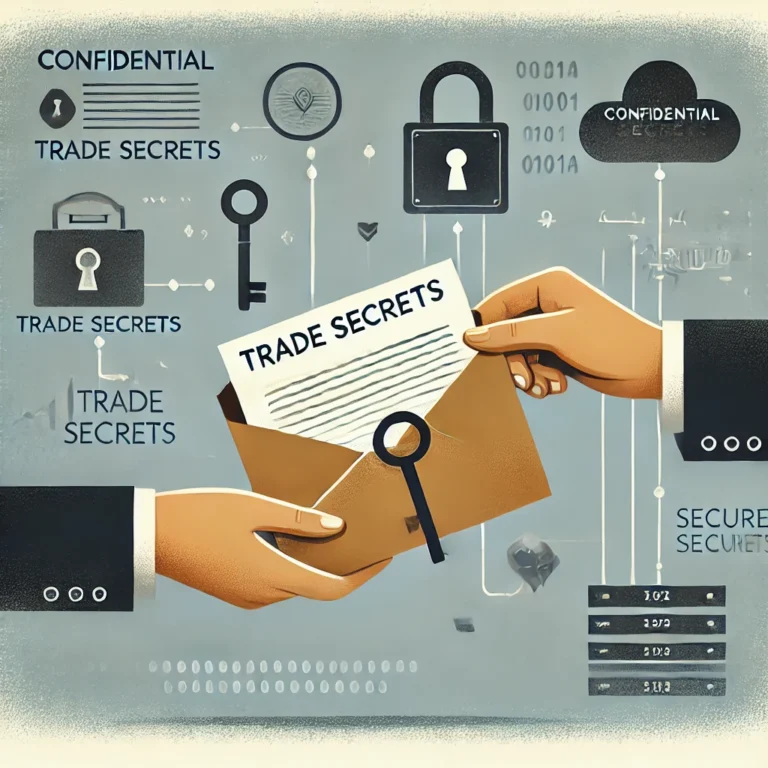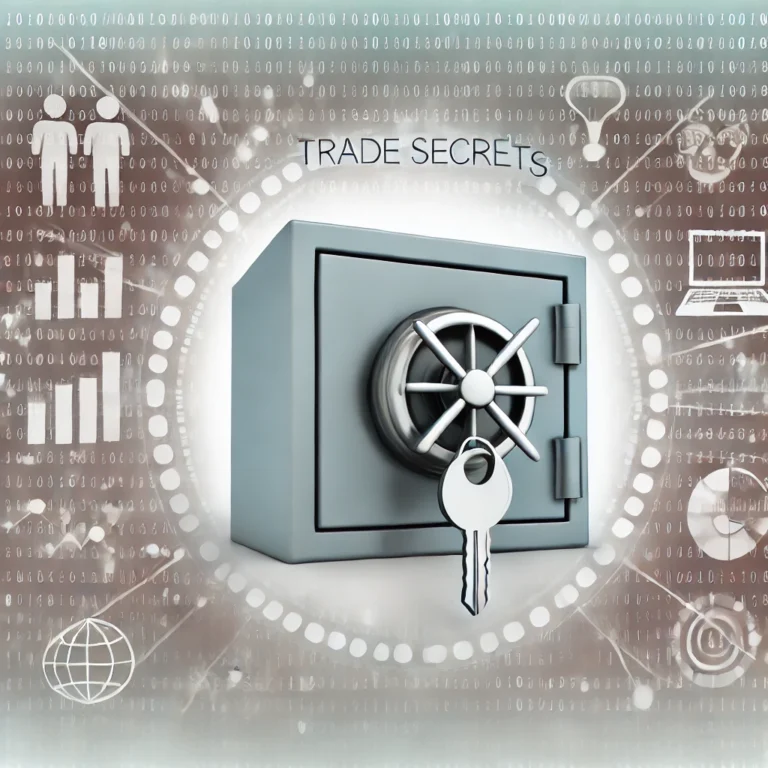Call us now:
Is it possible to register a trade secret in Vietnam? In Vietnam, trade secrets are recognized and protected under the country’s intellectual property laws. Understanding the legal framework surrounding trade secrets in Vietnam is essential for businesses seeking to protect their proprietary information.

Duration of Trade Secret Protection
The duration of trade secret protection differs from other intellectual property rights (such as patents, copyrights, or trademarks) because it has no specific time limit. A trade secret can remain protected as long as the information is kept confidential and does not lose its secretive nature.
Unlike patents (which are typically protected for 20 years) or copyrights (which can last for decades after the author’s death), trade secrets have no fixed period of protection. Trade secrets will continue to be protected as long as the information remains undisclosed and the business takes reasonable measures to safeguard it.
A trade secret is protected only as long as the information retains its confidentiality. This means that if the information is made public—whether through improper disclosure, theft, or lawful discovery—it loses its secretive status and is no longer protected.
In some cases, even if part of the trade secret is disclosed, a business may still seek legal measures to protect the remaining undisclosed portions. However, once the information becomes entirely public and widely known, it ceases to qualify as a trade secret.
Businesses can extend the confidentiality of their information by continually improving and innovating processes, technologies, or products. This makes it harder for competitors to replicate or discover the trade secret, effectively prolonging its protection.
In summary, the duration of trade secret protection is not fixed but depends on the company’s ability to maintain the confidentiality of the information and protect it from disclosure. Trade secrets can be protected indefinitely, provided that the business implements effective security measures and the information remains confidential.
Is it possible to register a trade secret in Vietnam?
Unlike other intellectual property rights such as patents, trademarks, or copyrights, trade secrets do not require registration with any authority to be protected. The protection of a trade secret relies on the company’s ability to keep the information confidential and implement reasonable security measures. his approach allows companies to safeguard valuable information without the need for public disclosure, ensuring a competitive advantage in the marketplace.
Why is registration unnecessary for trade secrets?
Trade secrets are based on the confidentiality of information. Public registration would inherently compromise the secrecy of the information, which is why there is no formal registration mechanism for trade secrets.
Trade secret protection can potentially last indefinitely, provided the information remains confidential and the company continues to apply effective security measures. No authority can guarantee this protection through registration.
Instead of registration, trade secret protection depends on the measures that businesses take to safeguard the information, such as:
- Signing non-disclosure agreements (NDAs) with employees, partners, suppliers, and any parties with access to trade secrets.
- Encrypting data, managing access rights, securely storing important information, and limiting the number of individuals who can access confidential information.
- Training employees on information security protocols to enhance awareness and responsibility in protecting sensitive data.
- Regularly monitoring the implementation of security measures and being prepared to enforce their rights if trade secrets are violated.
If a trade secret is disclosed or inadequately protected, the business may lose its competitive advantage and suffer significant economic losses. Additionally, once a trade secret loses its confidentiality, it is no longer protected by law.
In conclusion, trade secrets do not require registration but must be safeguarded through a company’s internal security measures. Businesses must proactively protect their information to maintain its economic value and competitive advantage.
Contact Us Now:
DCNH LAW
Address: 38B Tran Nhat Duat, Phuoc Hoa ward, Nha Trang city, Khanh Hoa province, Vietnam.
Phone: (+84) 343320223 – 974278893
Email: dcnh.law@gmail.com




